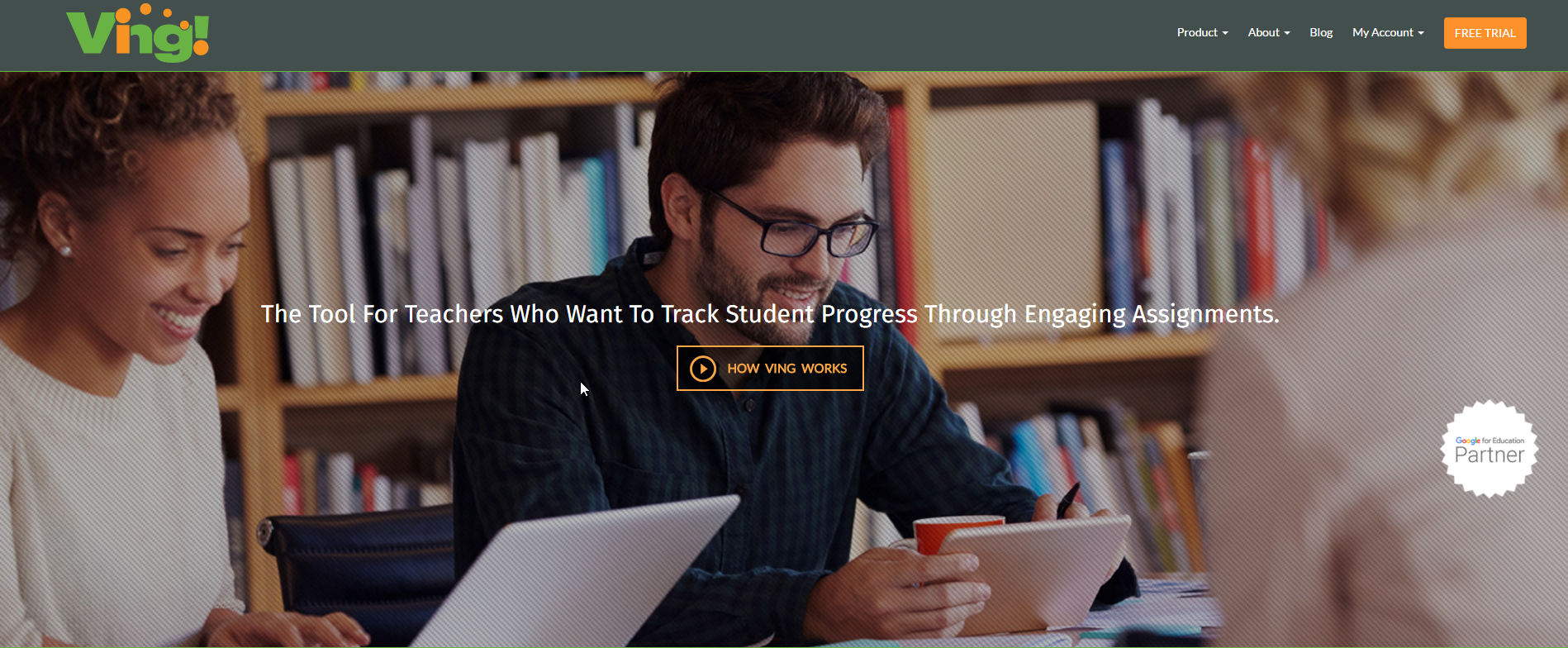How mobile technology boosts international learning

**The Edvocate is pleased to publish guest posts as way to fuel important conversations surrounding P-20 education in America. The opinions contained within guest posts are those of the authors and do not necessarily reflect the official opinion of The Edvocate or Dr. Matthew Lynch.**
A guest column by Edgar Wilson
Mobile learning is still missing the “mobile” component.
Educational technology, while still developing, is already sufficient to enable travel study to become a core component of almost any distance-education model. While many of the proponents for online learning have focused on accommodating working professionals (whose time demands make traditional, campus-based programs impractical), the opportunities in online learning for traditional students have been slower to incorporate travel study.
If the toolbox of online learning is designed to free students, it is natural they should be able to take their education on the road. Whether spending a week participating in a regional conference, or going abroad for an intensive period of immersion, there are many valuable experiences that simply don’t translate to course work.
A key criticism of distance learning models is the absence of a campus with all the community, socialization, and collaborative activities that happen only on campus. Dispatching online students to foreign or remote locations could more than make up for this supposed deficit.
Personal development, networking, accountability, independence—travel study demands all of these, in ways traditional or online programs may not. Travel study provides much more than the “missing” classroom. Both students and administrators are beginning to recognize that joining online learning with travel study provides enrichment beyond what any single educator or piece of technology can do.
But travel study not only fits well within (and supplements) the distance education model, it may even help balance theory and application by putting unique demands on students and their nascent skillsets.
Travel study (both domestic and abroad) necessitates a profound adjustment to different social and cultural norms. In a global economy replete with virtual teams, connectivity through time zones, and international cross-cultural coordination, soft and hard skills play an equal role. STEM education especially could use a rich liberal arts supplement to better strike a practical balance between scientific and social training.
The challenges of accommodating local custom and bridging cultural divides are instructive. Taking advantage of travel programs while maintaining engagement with a targeted STEM program could lend context and emphasize the soft skills that make technical knowledge valuable.
The chorus of demand for greater academic focus on STEM subjects has missed the fact that STEM-centric skills are all but useless without additional soft skills. Employers are already decrying the gap between learned workers and those capable of communication, creative thinking, and problem-solving; STEM students need more liberal arts sensibilities in their journey to the field. Travel study is a powerful way to provide it. There is also practicality to placing study in a less isolated environment, considering the subjects exist in an international playing field. STEM students must be globally competitive, and need to learn in a more integrated environment.
The mobilization of learning technology lifts traditional barriers to travel study. Virtual classrooms, digital textbooks, and especially responsive assessments and learning applications have a natural fit in the online learning environment. The pedagogical instruments of the past are anachronistic in this new learning environment; so, too, should the tethers that bind students to classrooms and campuses be cut.
The biggest problem in empowering online students to study abroad is overcoming their sense that “a year abroad” still means “a year away.” The physical demands of the traditional classroom make travel study a complex process. Even though virtual learning models often dispense with such elements, the mindset of students (and, perhaps teachers) has yet to fully adapt.
Currently, university degrees are expensive whether delivered online or in person. Realizing the money-saving potential of digital programs could, over time, translate to lower prices, making travel study programs even more practical.
When all that is necessary to attend class and submit work is an internet connection, travel study’s key requirement is the same as online study: time management. Balancing work with school and family sets an excellent precedent for students who will need to balance the unique academic, professional, and personal experiences travel study opens up to them with their commitment to online learning.
The best online learning candidates tend to be students who are organized and self-motivated. Ensuring travel study does not devolve into an extended vacation requires some of the same traits. Bringing the two together may be the natural extension of changing educational models in the 21st century.
________________
Edgar Wilson is an Oregon native with a passion for cooking, trivia, and politics. He studied conflict resolution and international relations and has worked in industries ranging from international marketing to broadcast journalism. He is currently working as an independent analytical consultant. He can be reached via email here or on Twitter @EdgarTwilson.





